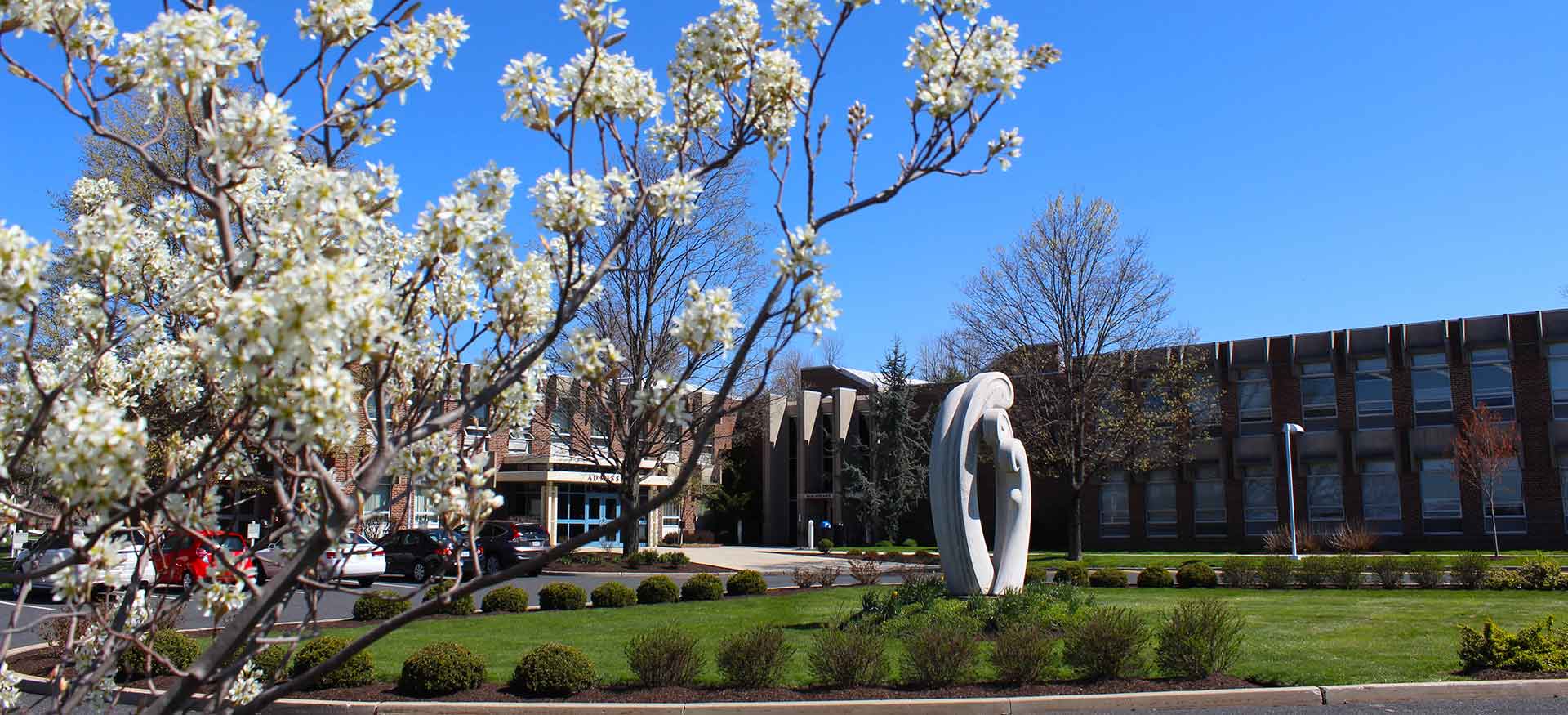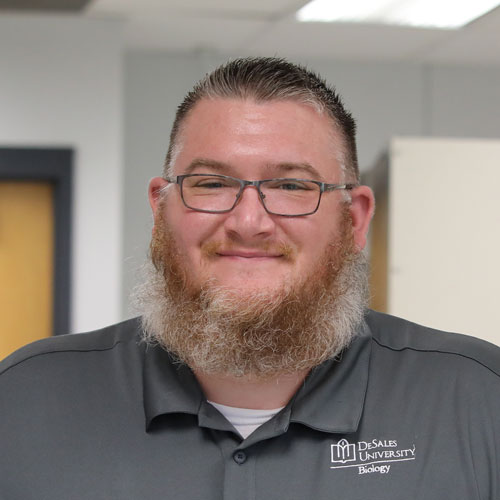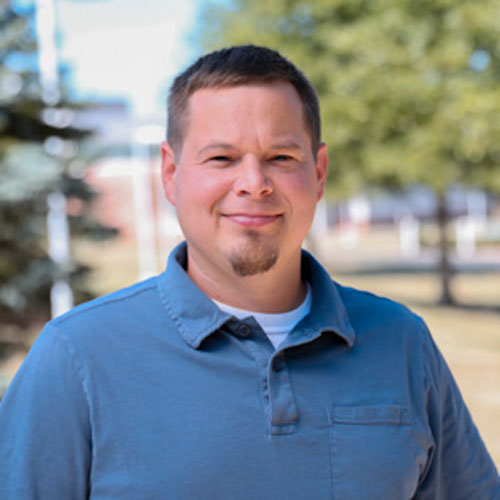New Summer Research Fellowship Prepares Students for Medical School
Graziella Greco ’20 had just wrapped up her sophomore year at DeSales University when she was tapped to conduct research that could one day save countless lives.
The biology (pre-med) major was one of just six students to win a coveted spot in the Summer Undergraduate Research Fellowship (SURF) in the Natural Sciences, a new program that pays students to conduct research.
“To be able to be paid for doing something that will help me in the future and further my career is just such an amazing opportunity,” says Greco, who worked in Dr. Joshua Slee’s lab.
About 20 students applied to work with Slee, Dr. Joseph Leese, and Dr. Austen Barnett, all of whom volunteered to work over the summer. The six student fellows put in 40-hour workweeks for eight weeks and each received a $3,000 stipend.
Slee’s lab focused on cardiovascular disease—the number one cause of death worldwide, according to the World Health Organization.
“It’s also the number one healthcare cost burden in the United States,” says Slee. “Despite the fact that it’s largely reversible through diet and exercise, we haven’t done anything to put a dent in the number of deaths due to cardiovascular disease.”
Greco spent the summer examining the anti-inflammatory effects of resveratrol, an antioxidant that’s found in red wine and grapes. She’s continuing the research project for academic credit this year with plans to publish her findings in a peer reviewed scientific journal.
“I personally never thought we would get this far,” says Greco. “It doesn’t have an adverse effect on normal cell growth, which is wonderful, and the fact that it’s reducing inflammation so much in the cells is really promising.”
Greco plans to attend medical school after DeSales. That made the summer fellowship so invaluable, considering many med schools now require students to have research experience.
“I really believe that this experience is going to set me up for success,” she says. “Being able to have that first-hand experience, you’re doing the research, and you’re analyzing the results.”
The fellowship was possible thanks to funding from the University and Women for DeSales, a group of female philanthropists dedicated to making a significant, positive impact on campus.
“We went to Women for DeSales and asked for funding for one student and they turned around and gave us funding for three students,” says Slee. “So they really recognized the value in the program and really supported it.”







